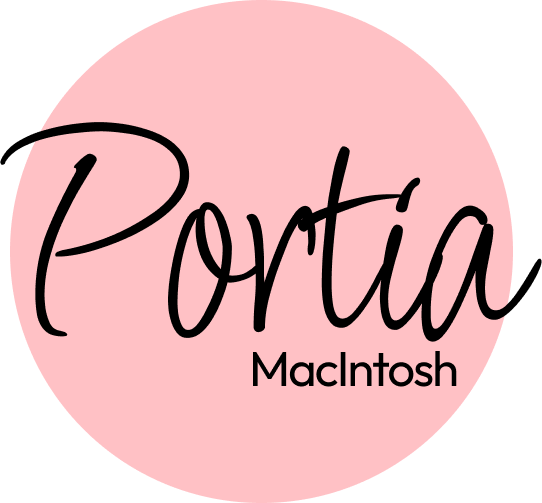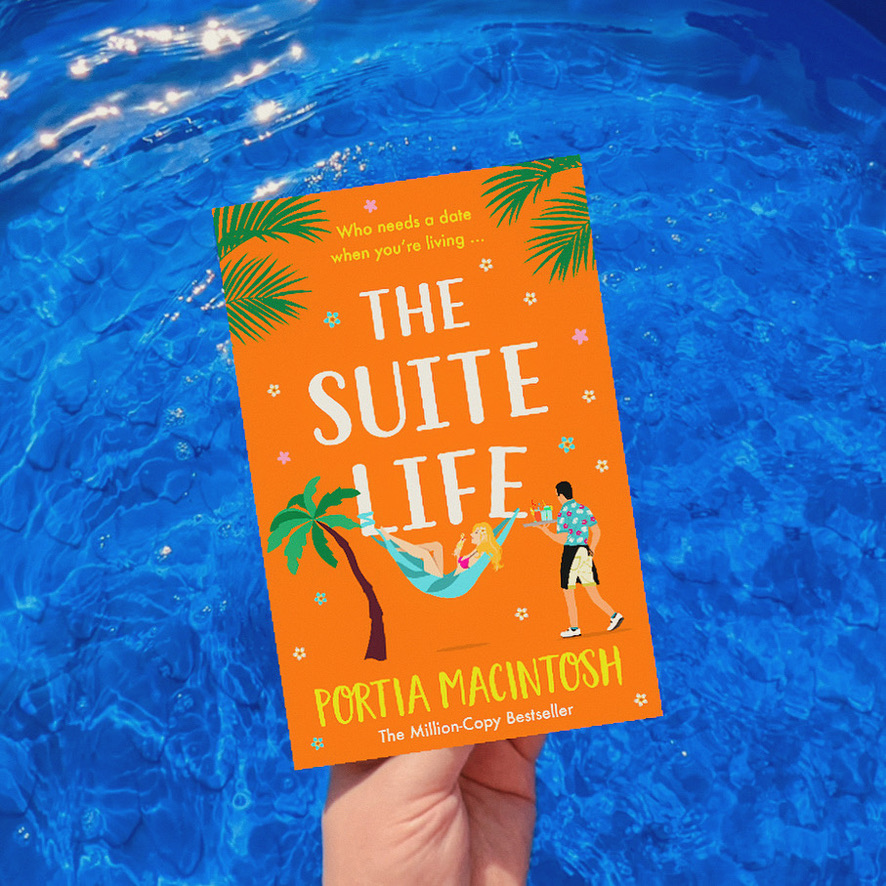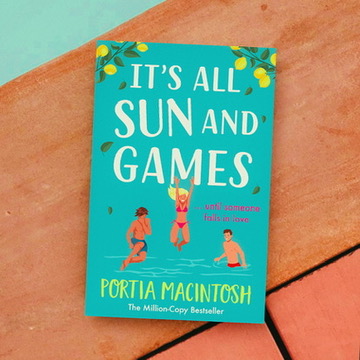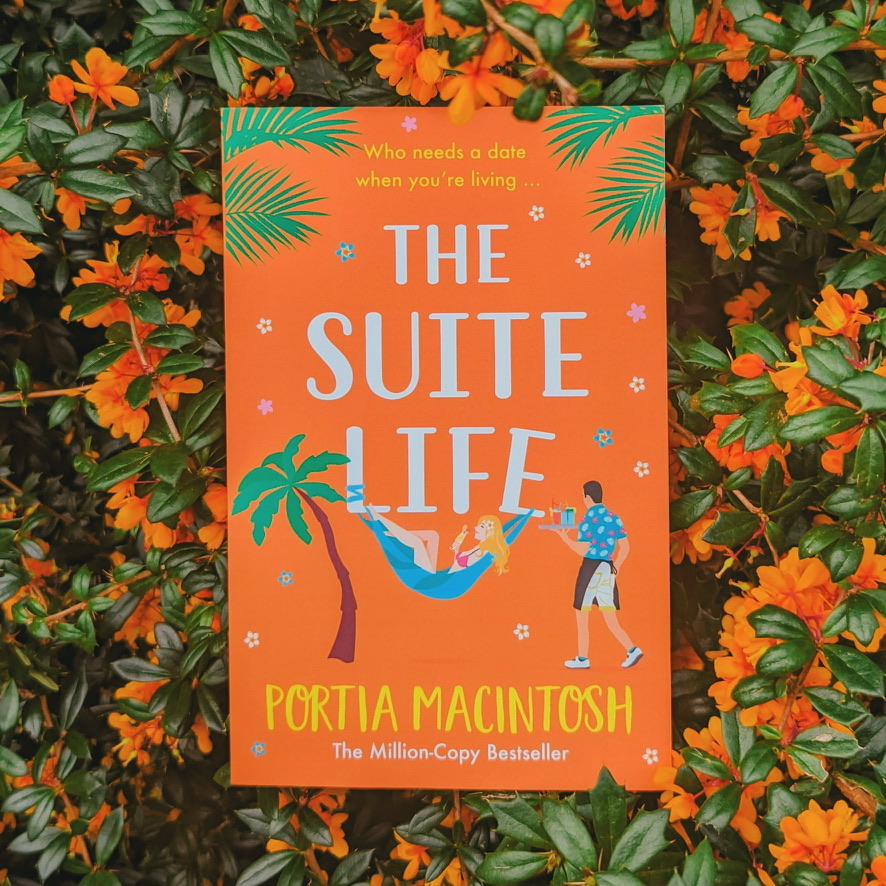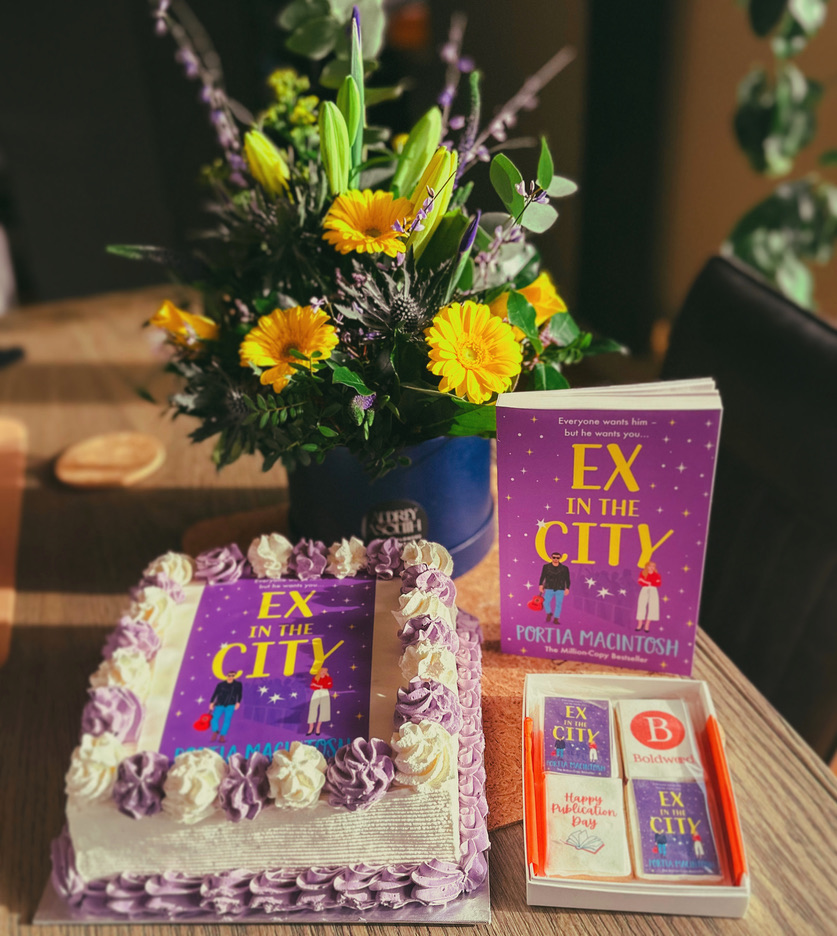
How to write a book in lockdown
Now that we’re in our second lockdown (even though many of us don’t really feel like we left the first one) it would be nice to think that we know what we’re doing this time…
The Zoom learning-curve is a thing of the past, now that flour isn’t a rare commodity banana bread has lost all of its appeal, and we’re all well on our way to completing Netflix. So what do we do this time?
You know how we all always say we want to write a book? Yes, even authors say it, because whatever we’re supposed to be writing is not usually the idea (it’s usually a completely different genre) that is at the forefront of our brains.
But what if you could write a book? What if you finally had the time? What if lockdown (if you try to push from your mind all of the stress that comes from the entire planet being on fire) is the perfect time to give it a go?
Take it from someone who is currently writing their third lockdown book – it kind of helps.
Here’s how to give it a go…
Clear your mind
There’s an awful lot going on outside at the moment and most of it sucks – and it turns out being stuck in your home with not all that much to distract you only makes everything seem worse. Well, when this world sucks, step into another. No matter what genre you’re writing, you’re always going to need to do some serious world-building, and that will give you an escape. As you start coming up with characters and locations your mind will move from this empty void we’re living in to somewhere better. I’m currently writing my summer 2021 release and escaping to a beach is everything I need right now, and when morale is low, I remind myself that I am writing a summer holiday for people who might not get to have one.

Prepare
Find somewhere comfortable to sit, slouch or lie. You don’t have to sit at a desk – I’m lying on the sofa, on my laptop, using my knees as a desk right now. Get yourself a nice drink (you can’t beat caffeine to supercharge a writing session), a big glass of water, and some delicious writing snacks to keep you going. It really doesn’t matter where you are, or what time it is, so long as you’re in the mood.

Start planning
My approach to planning is weirdly old school, but I really like it, and it works perfectly for me. I use an old desk top (a big piece of wood) but you can do this on a table top or even on a wall. All you need is a load of post-it notes and a pen and you’re ready. First I write a post-it for each thread/main character in my book. From there, I stick post-its below each one mapping out the route each part of the plot takes. Once I have all of that information down I start writing a post-it for each chapter. Because I do this on post-its, it means that I can move chapters around, take some out, add new ones in. I find something so useful, and so satisfying, in doing all of this with my hands, having physical material to work with.

Just jump right in
You can actually do this part without any planning at all. Some people like to plan their books in great detail, others like to jump straight in… There really is no right or wrong way to do it because it’s such a personal thing. But whether you’ve planned it all out or you just want to start and see where you end up, the point is that you have to start writing at some point. Don’t overthink your first words, just get them down. Don’t worry if you hate what you’re writing, just keep going. Even the pros have their work edited a whole bunch of times. The key is to just keep pushing on and at some point you’ll get into your grove and start loving it. You can always go back and fix things later.

Set yourself goals
There’s no pressure on you to do anything apart from have fun with this, so goals are not a must, but they can be a great way to focus and keep things moving. There’s no right or wrong way to do this, and there’s no ideal amount – it’s entirely personal. Because I always have a deadline I’m working towards, I will count how many days I have and then divide my average word count by the number of days. So if I want to write an 80k book in a month, I’ll work out 80,000 / 30 and that tells me I need to write about 2,666 words a day. Once I have this number, I try to write at least that many words per day. If I don’t do that many, I know I’ll need to pick up the slack on other days. If I write more, I know I’ve bought myself time. The bottom line is that having things that I can measure keeps me moving.
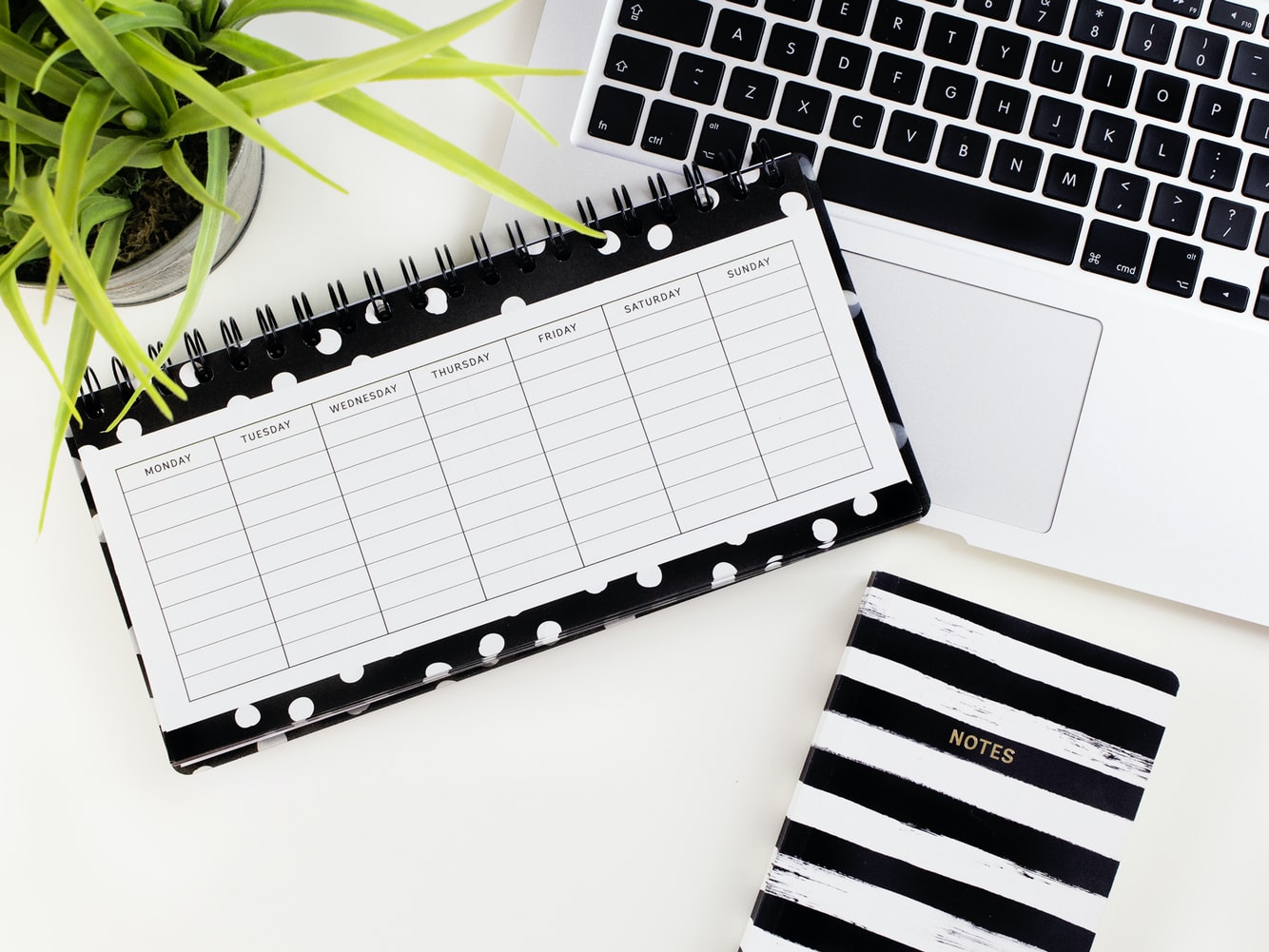
It’s good to talk
Talk to your friends about your ideas. Find likeminded writers on social media and share ideas and goals. Have word races where you write at the same time as others and see how many words you can manage (being competitive can really drive you). Reach out to your favourite authors for inspiring words (many of them will be happy to talk to you).

Read, watch and enjoy…
If you know what genre you’re wanting to write, keep reading and watching things from that genre, learn the tropes inside out, work out what you want to do to conform to the genre, work out what you want to do to shake it up.

Look to the future
If you’re loving what you’re doing and you think it’s going well, think about what you want to do with it when it’s done. Will you send it to agents? Publishers? Will you self-publish it? There are so many options out there and it couldn’t be easier these days. Having a light at the end of the tunnel, knowing you want to share your work with the world, will really drive you to finish it.

Now, more than ever, people need books. With the film and TV industry suffering, books are saving the day. Books don’t need social distancing to produce them. You can set them anywhere. The characters can kiss. Anyone can go on planes. Loo roll will never run out in your books (unless you want them to). So give it a go, see what you can come up with. And it can’t be a coincidence that lockdown month has coincided with National Novel Writing Month, right?
